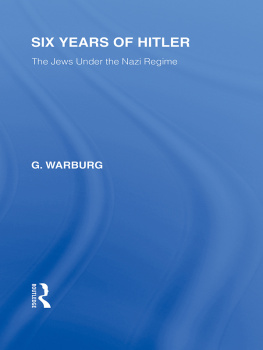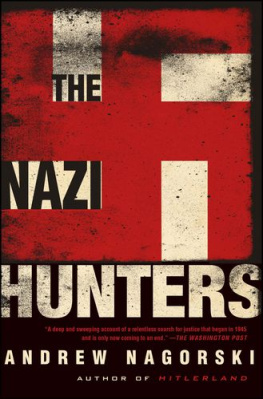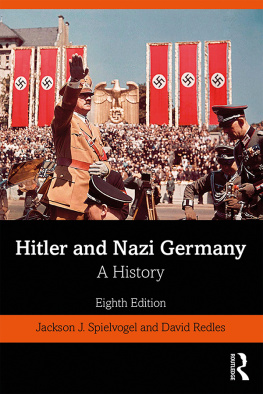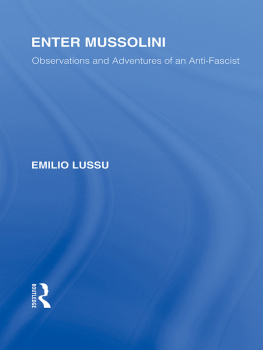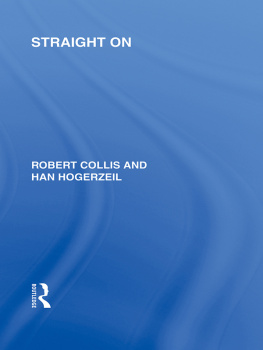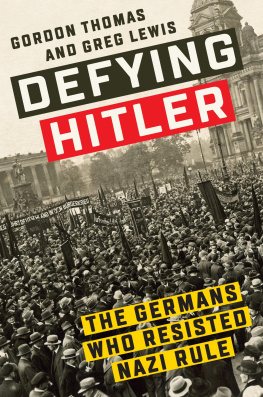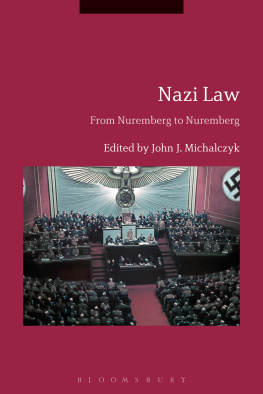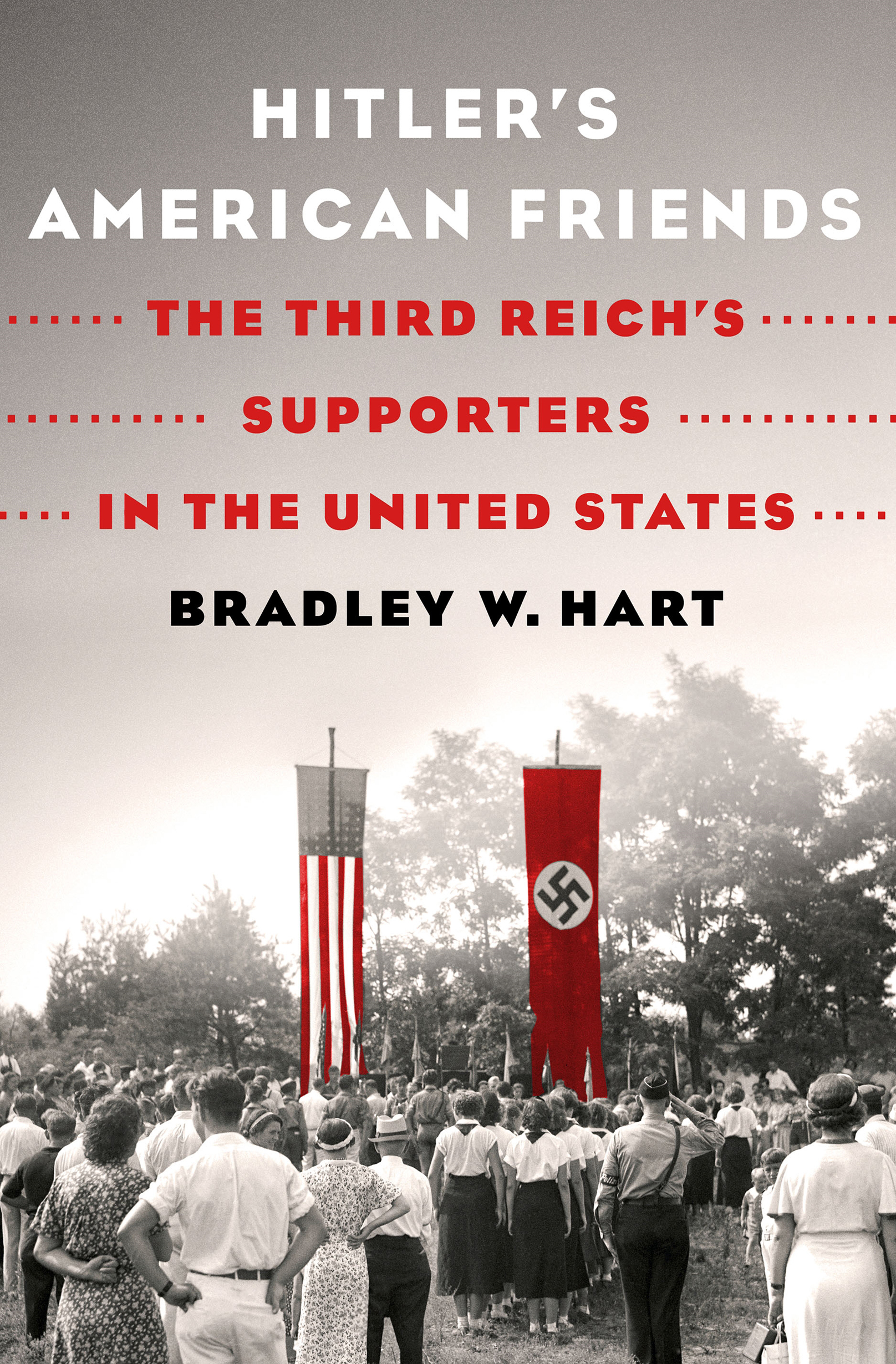Contents
Guide
Pagebreaks of the print version

The author and publisher have provided this e-book to you for your personal use only. You may not make this e-book publicly available in any way. Copyright infringement is against the law. If you believe the copy of this e-book you are reading infringes on the authors copyright, please notify the publisher at: us.macmillanusa.com/piracy.
On the evening of September 11, 1941, one of Americas most famous men took to a stage in Des Moines, Iowa, to discuss the national security issue that was on everyones mind. Exactly six decades later the date of Lindberghs speech would be associated with a far different type of threat, but on this night the famed aviatorthe first man to fly solo across the Atlantic Ocean, Time magazines first Man of the Year, and once estimated to be the most photographed man in the worldwas discussing the war in Europe. The United States was not yet involved in the conflict and, if Lindbergh and his fellow members of the America First Committee had their way, it never would be.
Lucky Lindy had been traveling the country for months arguing against American intervention in the war, making the case that the countrys geographic separation from Europe and Asia, and its two bordering oceans, were sufficient protection from foreign attack. The United States should prepare for defense, not offense, Lindbergh and his associates believed; and if the country could establish a ring of air and naval bases around its perimeter, it would become an impenetrable fortress. Providing aid to Britainthe last Western European country still fighting the Germanswould simply detract from building up the countrys defenses. This was the standard isolationist position before Pearl Harbor: let the Europeans fight their own conflicts and make sure America was sufficiently prepared to stay out of them.
This fateful Iowa evening, however, Lindbergh deviated from the standard script. Perhaps he was full of confidence from becoming the America First Committees most popular circuit speaker, receiving so many invitations to towns and cities across the country that there was simply no way he could accept all of them. No doubt he was partially inspired by the Roosevelt administrations recently passed Lend-Lease policy, which had made it through Congress earlier in the year and allowed the president to provide military vehicles, aircraft, and munitions to the ailing Allies. Whatever the exact alignment of reasons and circumstances, Lindbergh chose that night to unveil his own interpretation of American foreign policy. The consequences would haunt him for the rest of his life.
In past speeches, Lindbergh had referred broadly to unnamed powerful elements that were seeking to draw the United States into the war, but he left the details up to the listeners imagination. Tonight, before a crowd of more than seven thousand, he decided to reveal exactly whom he believed was behind the alleged push to war. There were, he told the crowd, three groups that had conspired to draw the country into the conflict: the British, the Jewish, and the Roosevelt administration. Together, he continued, these groups had executed a plan to draw the country into war gradually by building up its military and then manufacturing a series of incidents to force us into the actual conflict. Britain, he continued, might be able to hold out against the German onslaught. Yet even if it did, there was no hope of invading Europe and liberating France. Under normal circumstances the British government would have made peace with the Germans long ago but was merely holding out to make the United States responsible for the war financially, as well as militarily. President Franklin D. Roosevelt was simply playing into the hands of the perfidious British.
The bulk of Lindberghs ire, however, was reserved for the second group he mentioned: the Jews. It was understandable that Jewish Americans sought war against Germany, he claimed, because, The persecution they suffered in Germany would be sufficient to make bitter enemies of any race. However, the Jewish groups in this country should realize that in the event of war they will be among the first to feel its consequences. Jews themselves, he concluded, presented a unique danger to the country because of their large ownership and influence in our motion pictures, our press, our radio and our government. Despite the alleged machinations of these groups, Lindbergh reserved hope that they might cease their efforts to push the United States toward war. If that could be managed, he continued, I believe there will be little danger of our involvement.
Lindberghs speech was covered by major papers and carried on page 2 of the New York Times the following morning. It quickly sparked a firestorm. Was Lindbergh blaming Jews for the outbreak of the war in Europe? Was he claiming that Jews were in control of the Roosevelt administration? These seemed very much like the same claims being made by Adolf Hitler and his fellow Nazis in Berlin. The comparison did not go overlooked. White House press secretary Stephen Early remarked that there was a striking similarity between Lindberghs speech and recent outpourings from Berlin. New York City mayor Fiorello La Guardia was less sparing in his condemnation, calling the remarks a carbon copy of a Nazi paper.
The outrage spanned the mainstream political spectrum. Roosevelts past and future Republican rivals for the presidency both denounced the remarks. His 1940 opponent, Wendell Willkie, proclaimed himself shocked by Lindberghs bigotry. If the American people permit race prejudice to arrive at this critical moment, they little deserve to preserve democracy, Willkie remarked.
Faced with growing pressure from all corners, the America First Committees leaderswho had not reviewed Lindberghs speech prior to deliverywere forced to put out a statement asserting that the organization was not anti-Semitic and blaming the interventionists (those who sought to take the United States into the war or, at a minimum, provide additional aid to the Allies) for inserting the race issue into the discussion of war or peace. The attacks on Lindbergh, they claimed, were simply a distraction from bigger issues.
Behind the scenes, however, the Committee was seeing a grassroots outpouring of support that very much contradicted the stories being seen by readers of the Times . In the Committees mail room, at least 85 percent of the letters being received were supportive of Lindbergh, in part because of the anti-Semitic undertones of his speech. Some messages were so extreme in their racist language that the Committee did not see fit to even respond, but others came from regional leaders of their own organization and other paid-up members. Lindbergh was clearly far from being the only America First member to harbor such views about who was really responsible for the war.
The emerging controversy between the respectable voices within the America First Committees leadership who saw the need to denounce Lindbergh, and the rank-and-file membership, was symptomatic of the wider divisions in the United States before Pearl Harbor. Lindbergh was just one of a wide range of figures who argued positions ranging from isolationism to the establishment of closer relations with Nazi Germany and, in the most extreme cases, the adoption of Nazi policies in the United States. These groups and individuals often did not get along with one another: it was supposedly forbidden for a member of the German American Bundthe nations largest and most prominent Nazi-emulating mass organizationto join the America First Committee, or so the America Firsters claimed. Whether they intended to do so or notor were even aware of itthe leaders of America First had become an important asset to Hitlers government.


